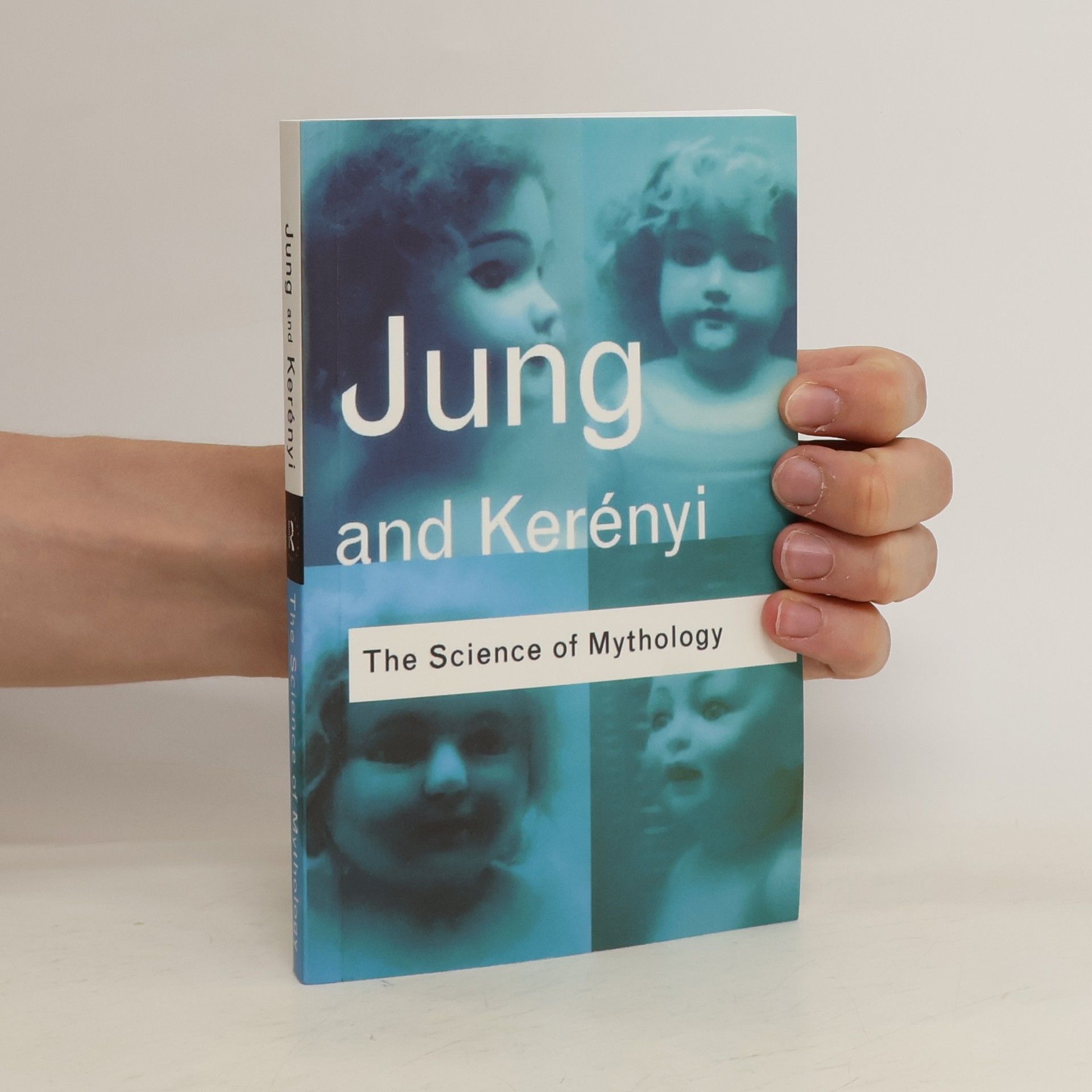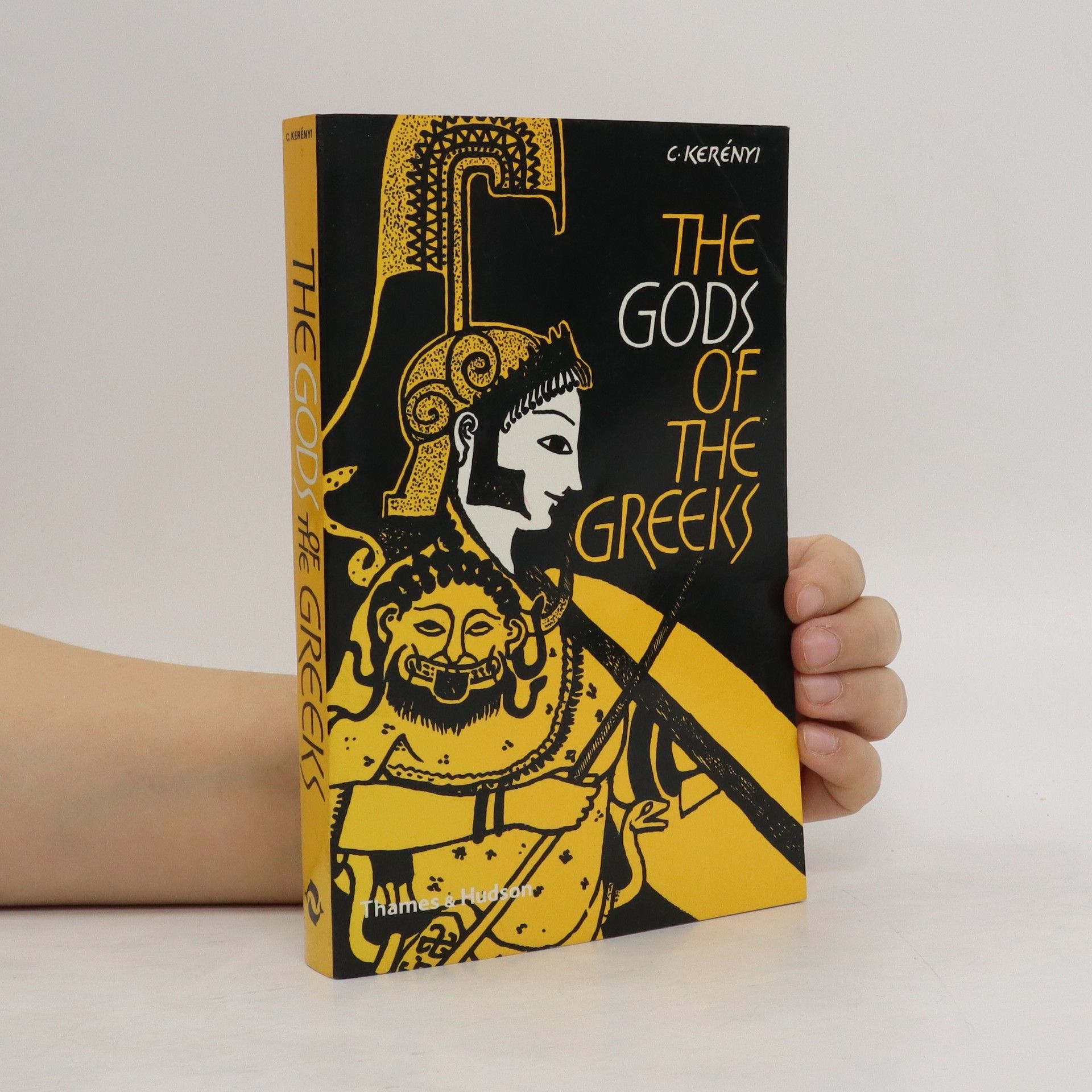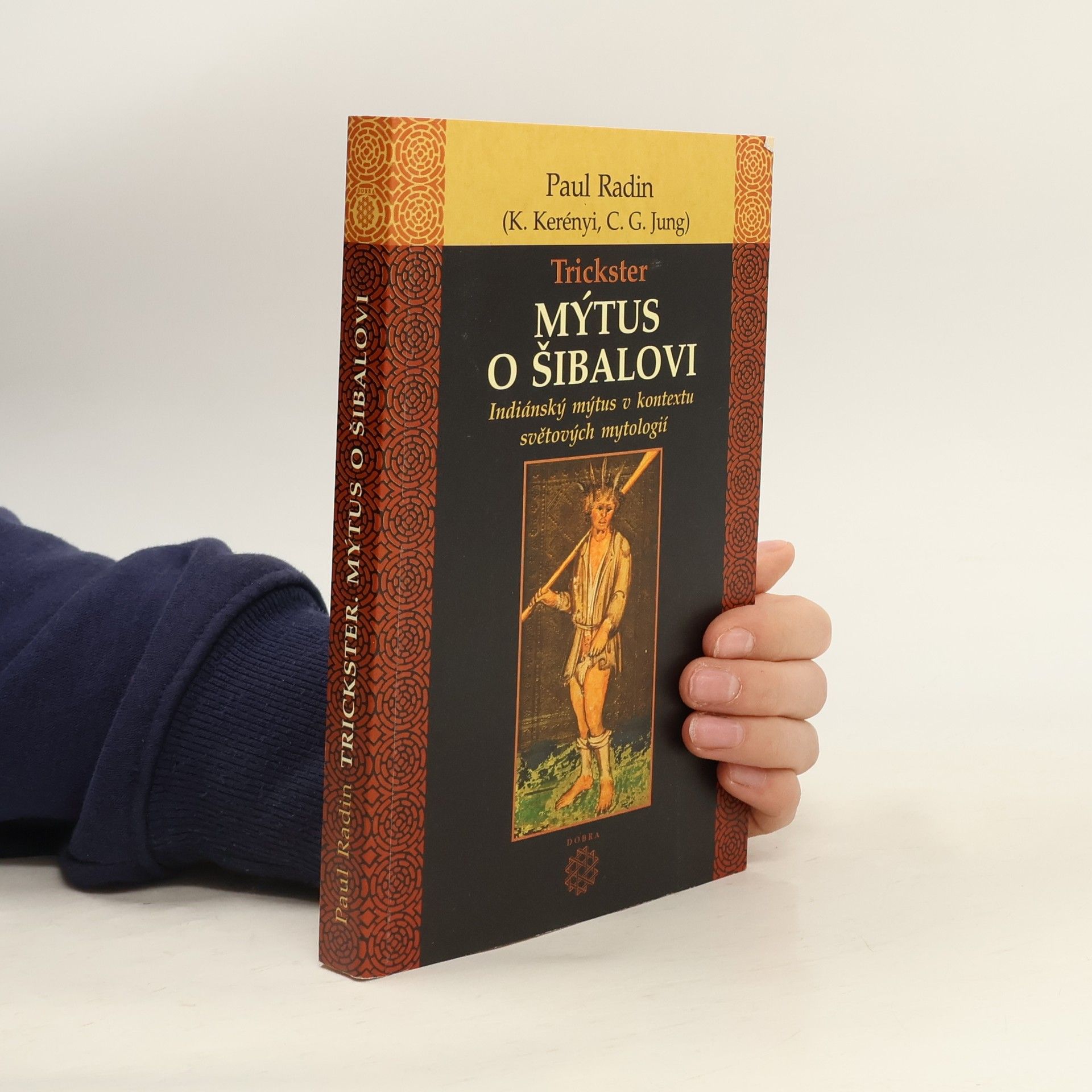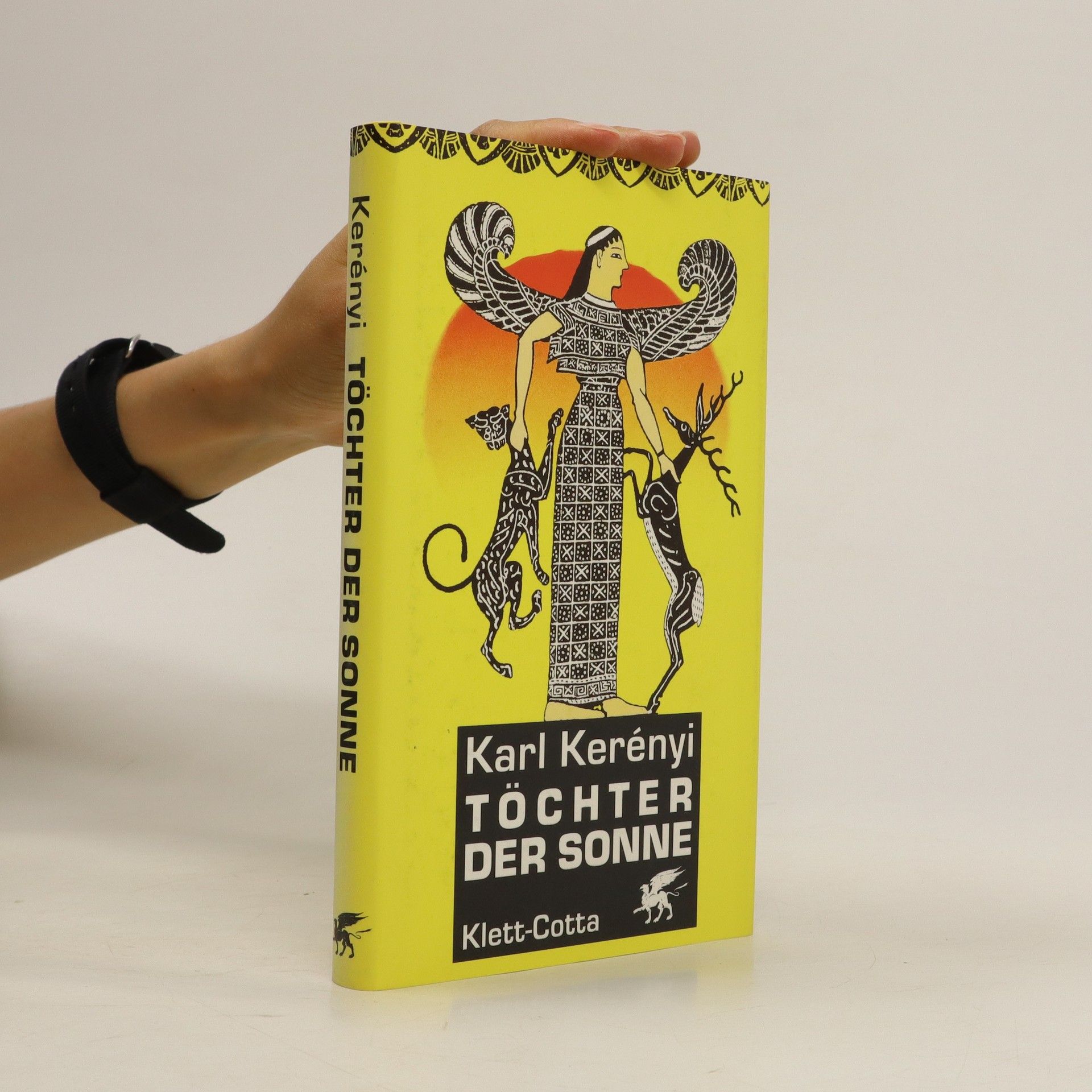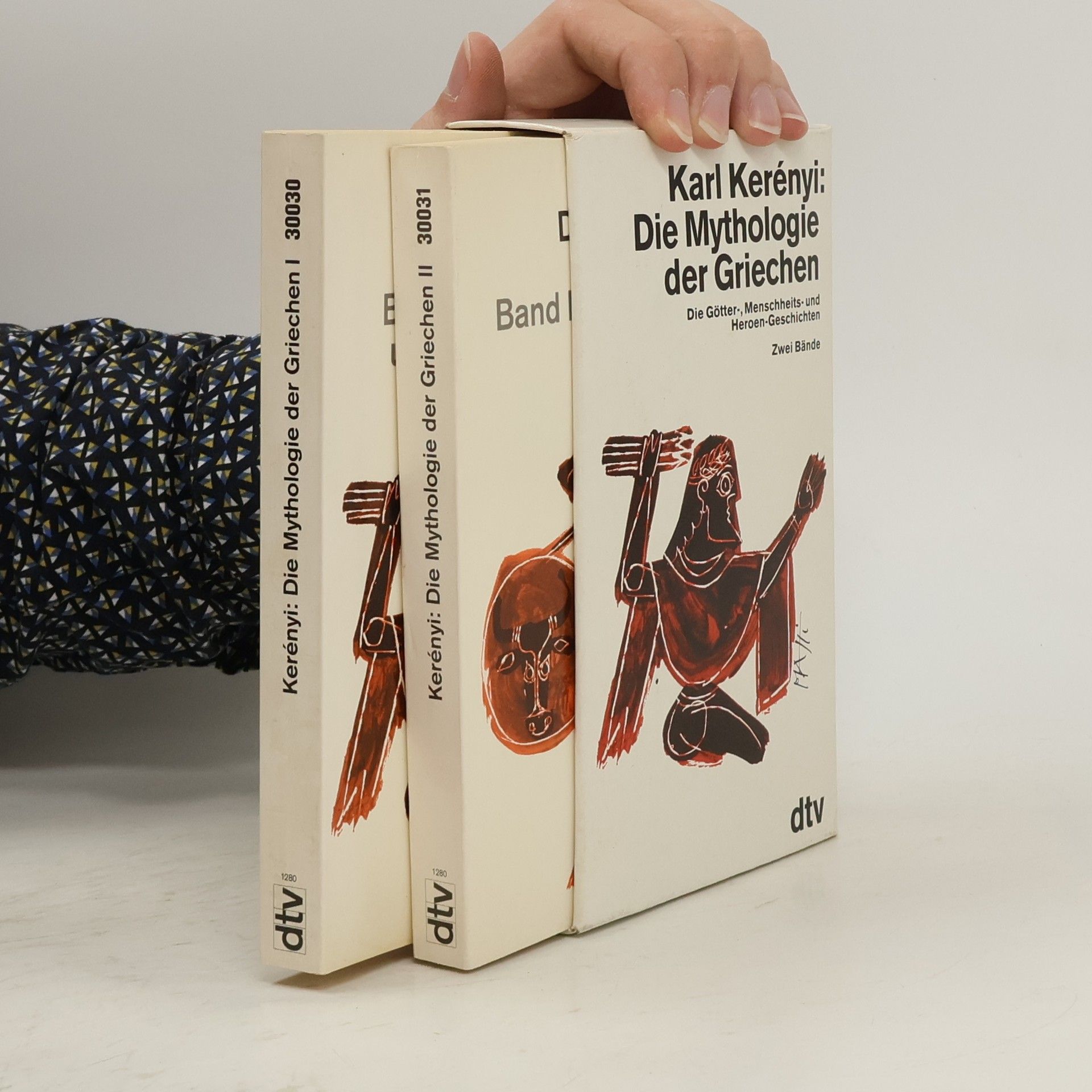Oedipus Variations: Studies in Literature and Psychoanalysis
- 102 pages
- 4 hours of reading
A deeper, richer portrait of Oedipus, the most famous figure in all of Greek tragedy and the (unconscious?!) hero of the basic myth of psychoanalysis by two giants in the fields of mythology and psychology: the eminent mythographer Karl Kerényi and the founder of archetypal psychology, James Hillman. Kerényi widens the Oedipus myth's cultural context by introducing unusual dramatic versions that played in Rome, Paris, Vienna, and London. His authoritative and detailed essays release wonderful insights for even the most casual reader. Hillman takes on Father Freud and his Oedipus complex (i.e., every son wants to kill his father and marry his mother). He inverts the emphasis and asks, Why do fathers kill their sons? Hillman brilliantly proposes that the madness of Oedipus may lie less in his overt crimes than in his-and therapy's-single-minded focus upon "figuring out" one's true identity through a remembering of the past. This relentless search for Oedipus to "know himself" is still with us, still blinds us, still tries to turn people in therapy into Oedipus. Yet Hillman also shows us that, in addition to the curse, murder, incest, and disease, the myth of Oedipus contains beauty, blessing, love, and loyalty.


